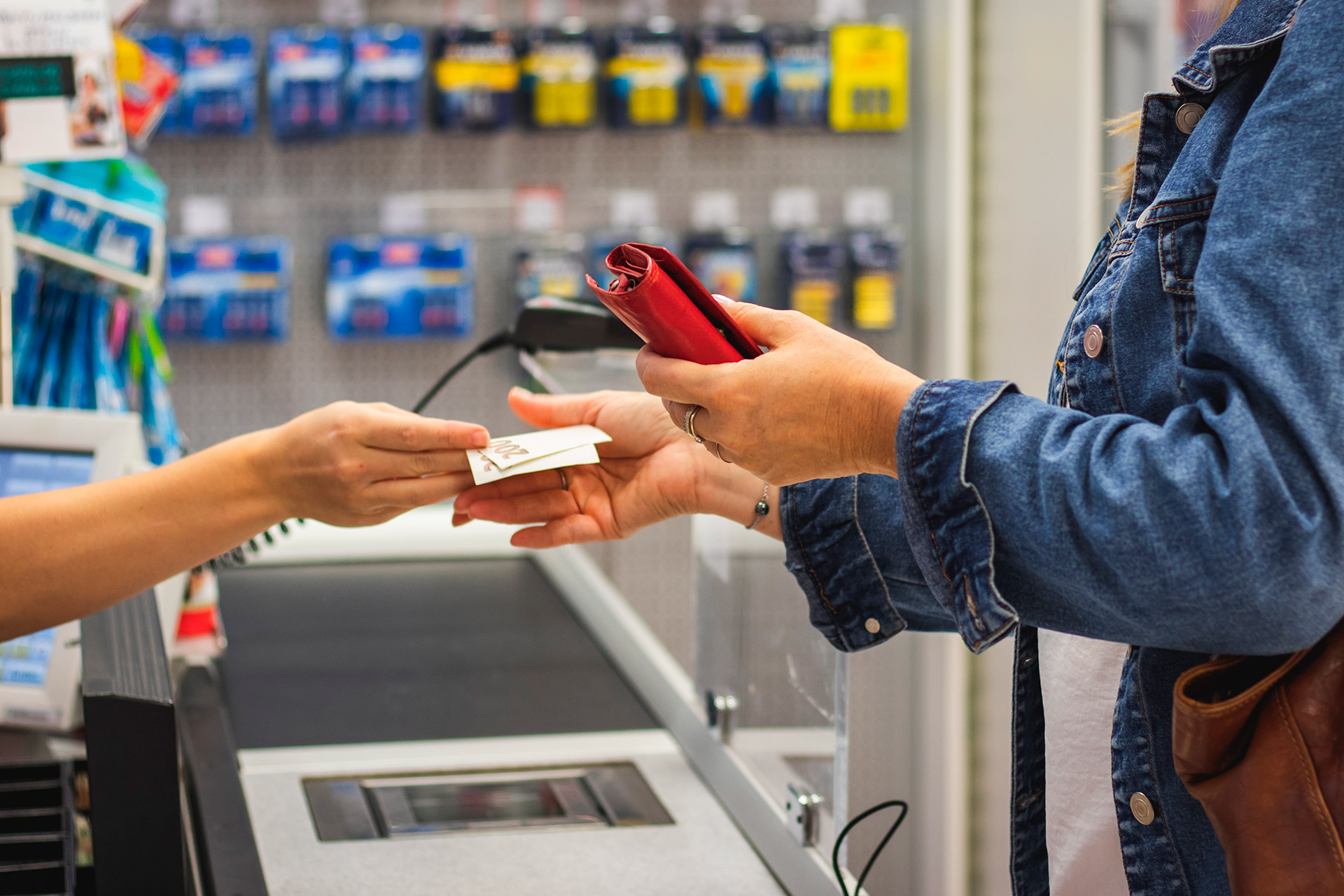What is money?


Money is a means of exchange for buying goods and services or paying debts. Every day we price objects according to their intrinsic value and such factors as availability (supply) and people’s needs (demand). We can generally say that the higher a product or service’s price is, more importance and appreciation is attributed to it, and vice versa.
Money is a set of assets in an economy that people use as a means of exchange to obtain goods and services. In short, it is used to buy things. We obtain money in exchange for our work. When someone performs a function, they are given a specific amount of money in exchange that represents its value.
The form of money has changed over the centuries, from metals such as gold and silver to notes and coins in the present day. Money can also be a credit card or a mobile payment app because they have a specific value set at a figure in exchange for which we obtain goods and services.
Money has three main functions. It can be hard currency for acquiring goods and services; a unit of account for setting prices; and a store of value, which means that money can be stored as savings for later use.
The essence of money is trust. Money works because of an implicit pact by all members of a society to accept it.
We can build up a larger amount of money than we need to buy the things for our daily lives. Therefore, we have bank accounts to keep any money we do not spend safe. Bank accounts come in several forms, such as a savings account or a term deposit.







